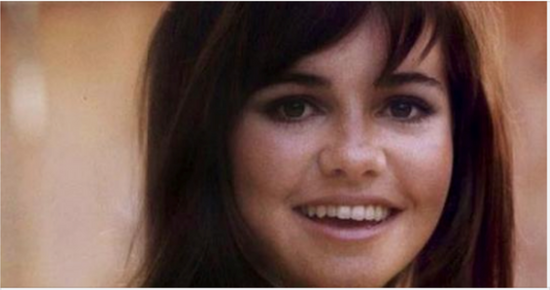Sadly, his health issues have gotten worse.
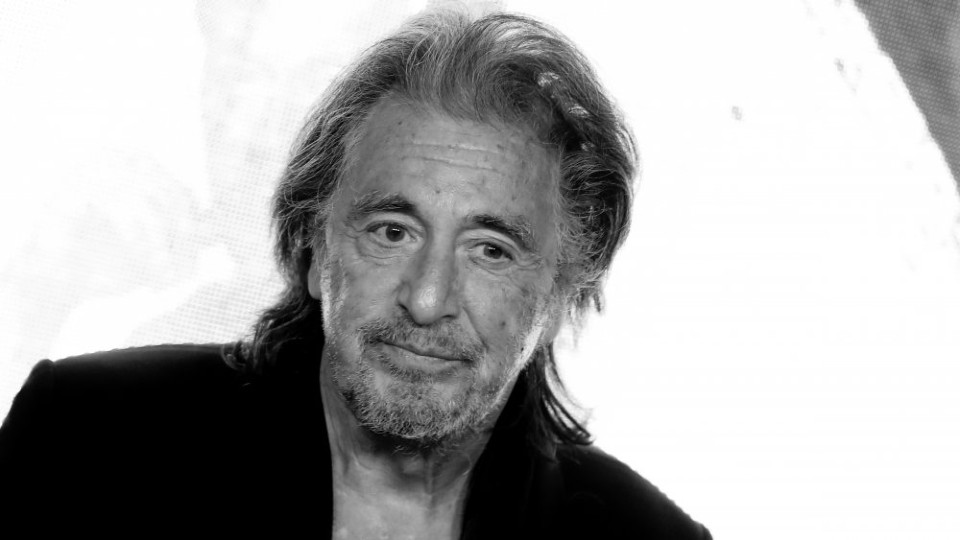
With a rich career spanning over fifty years, this actor has stamped his mark on cinema history with iconic roles, especially in The Godfather trilogy.
The star has long been vocal about his struggles with mental health, finding that the limelight brought complexities to his wellbeing.
His star-making role in The Godfather led to award nominations and catapulted him into fame, which coincided with a decline in his psychological health.
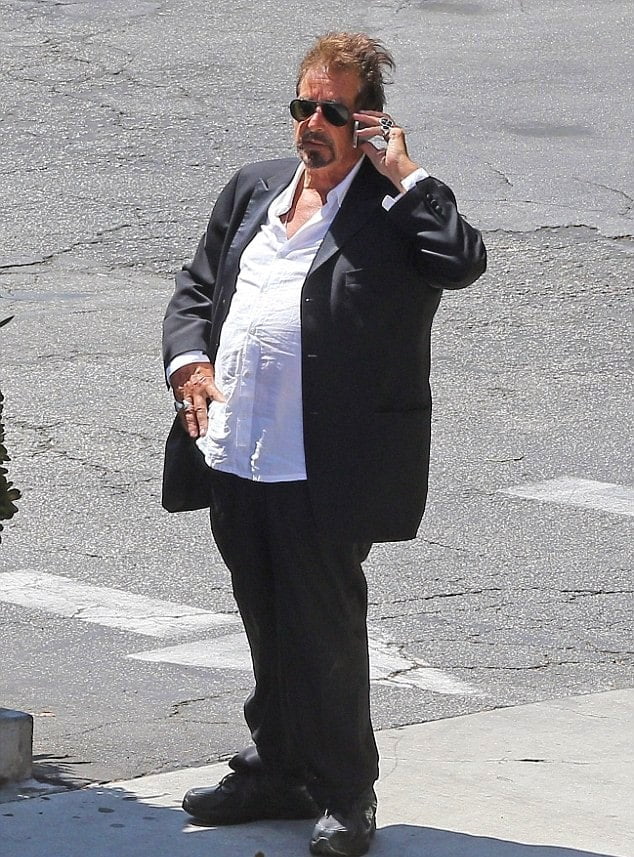
The then-burgeoning thespian was counseled by his mentor, Lee Strasberg, to simply adjust to fame, a notion Pacino found overly simplistic.
Reflecting on past difficulties, Pacino recounts, “I suffered through trauma. I engaged in therapy five times a week for a quarter of a century.”
He noted a parallel between his own mental state and that of Michael Corleone, his melancholic character in The Godfather II.
This theme resurfaced when he took on the role of an aging actor in The Humbling, whose entanglement with a much younger woman was fraught with complexity.
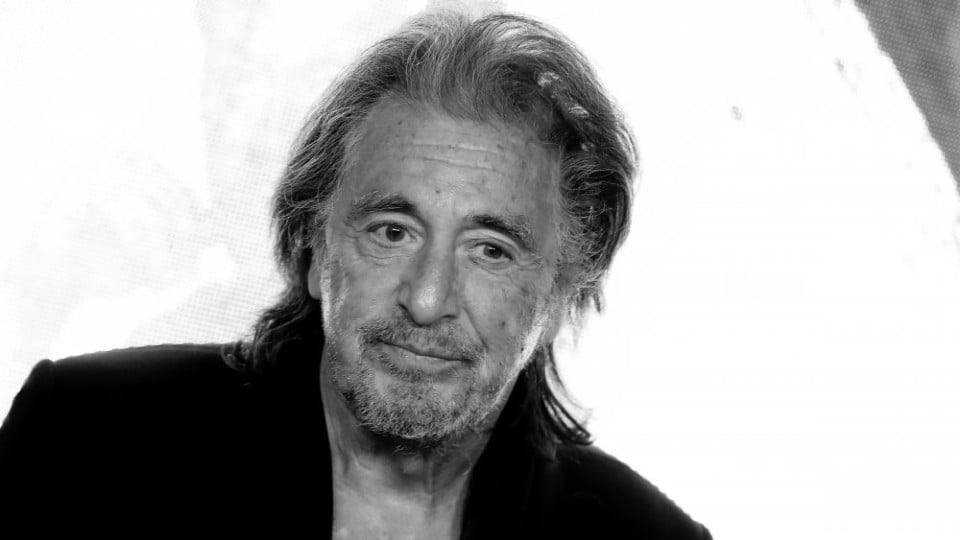
“The aging character feels his passion for his work waning and tries overcompensating, leading to confusion, despair, and its reflection in his performance,” he further explained.
He was initially drawn to the character’s descent into tragedy, finding resonance with the role.

Despite historic struggles, he recently expressed feeling fortunate and sheltered compared to some of his contemporaries who have faced worse fates.
At a film festival in Venice, he mused, “Depression may be present, but I’m not distinctly aware of it.”
“Depression can be devastating, sometimes persisting for a prolonged period and bringing significant discomfort,” he added.
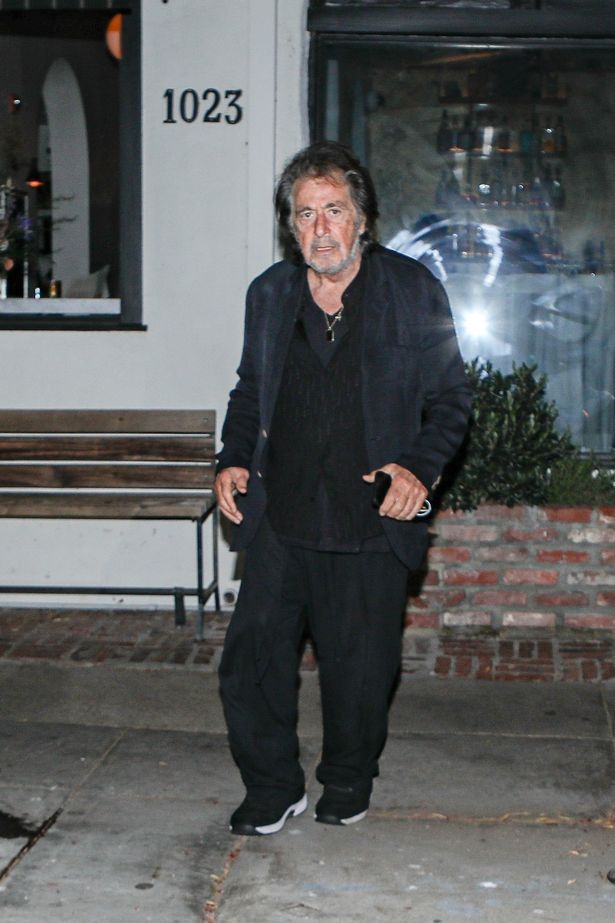
He acknowledged his own instances of similar symptoms and felt grateful for his relative resilience and good fortune.”
The untimely passing of renowned actor Robin Williams brought renewed attention to the intricacies of actors’ mental health.
In an attempt to recalibrate, Pacino lessened his on-screen presence in the 1980s.
Recalling his hiatus, he shared, “It was a beneficial period for me. But eventually, financial realities catch up.”
The World Health Organization reports that depression affects 5% of the adult population globally, which amounts to an astounding 280 million individuals.

Countless individuals grappling with this prevalent mental condition do not seek or receive treatment.
The NHS points out that it’s common to experience depressive episodes at some point, but the disorder becomes significant when it takes over and hinders daily functioning.
There are myriad potential triggers for depression, like stress or negative life circumstances.
The interplay between depression and physical health is also noteworthy, with illnesses like heart disease having potential to precipitate depression.
Upon assessing a patient, physicians detail the severity of depression, which ranges from mild to severe. The most extreme form debilitates a person’s ability to engage in normal life.
If concerns about mental health arise for you or someone close, it’s essential to consult with a healthcare provider immediately.

